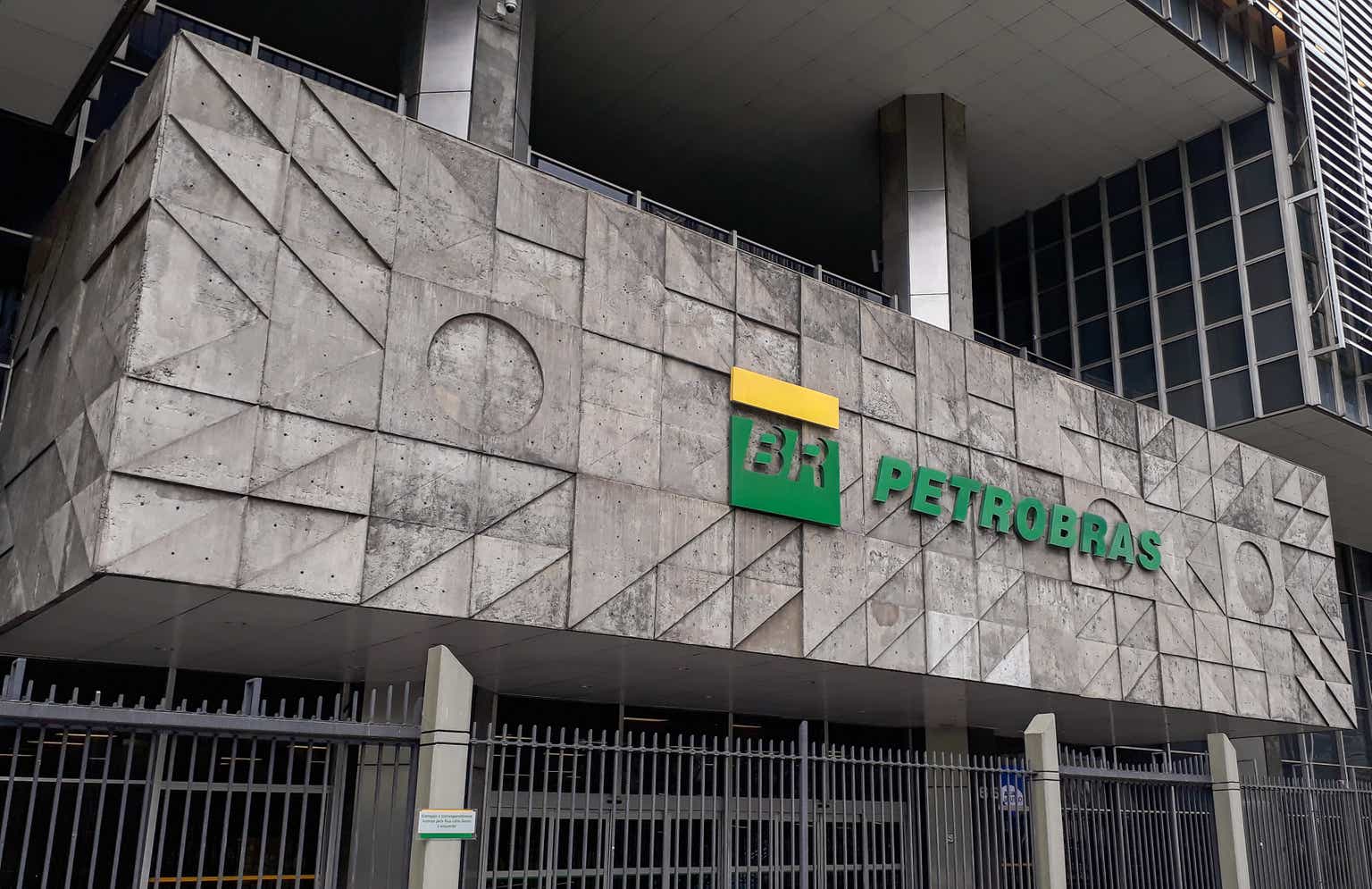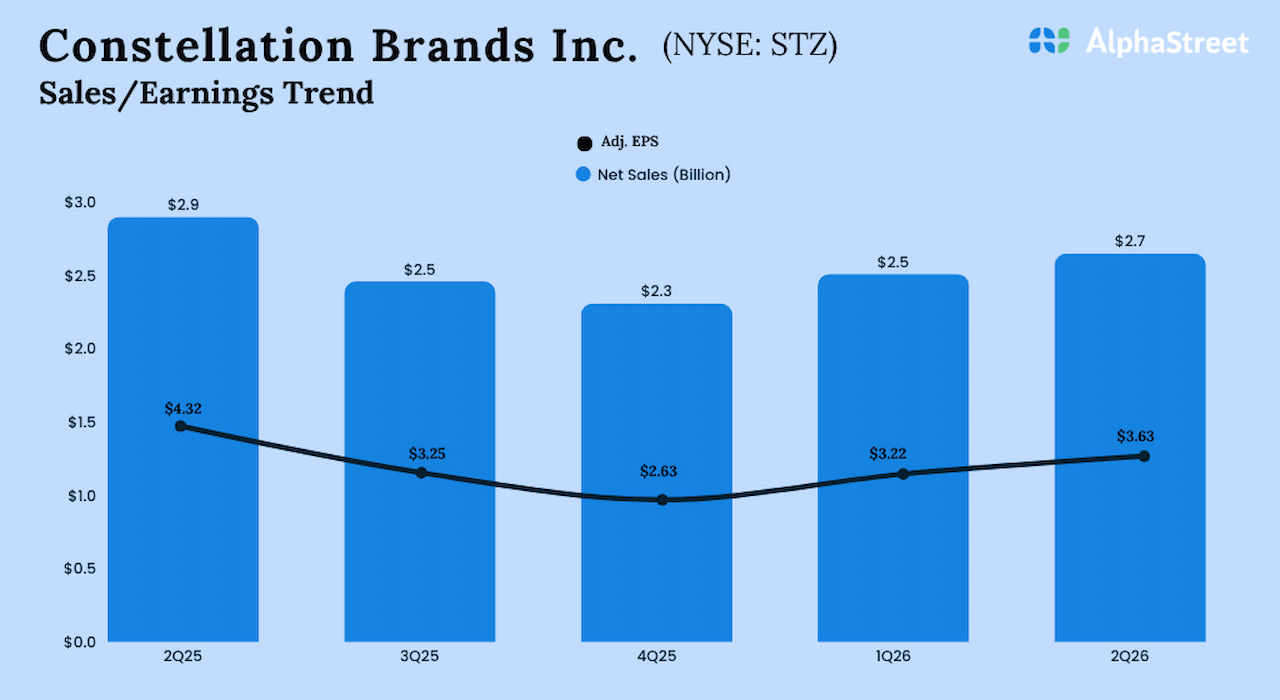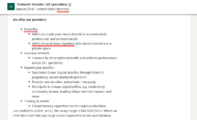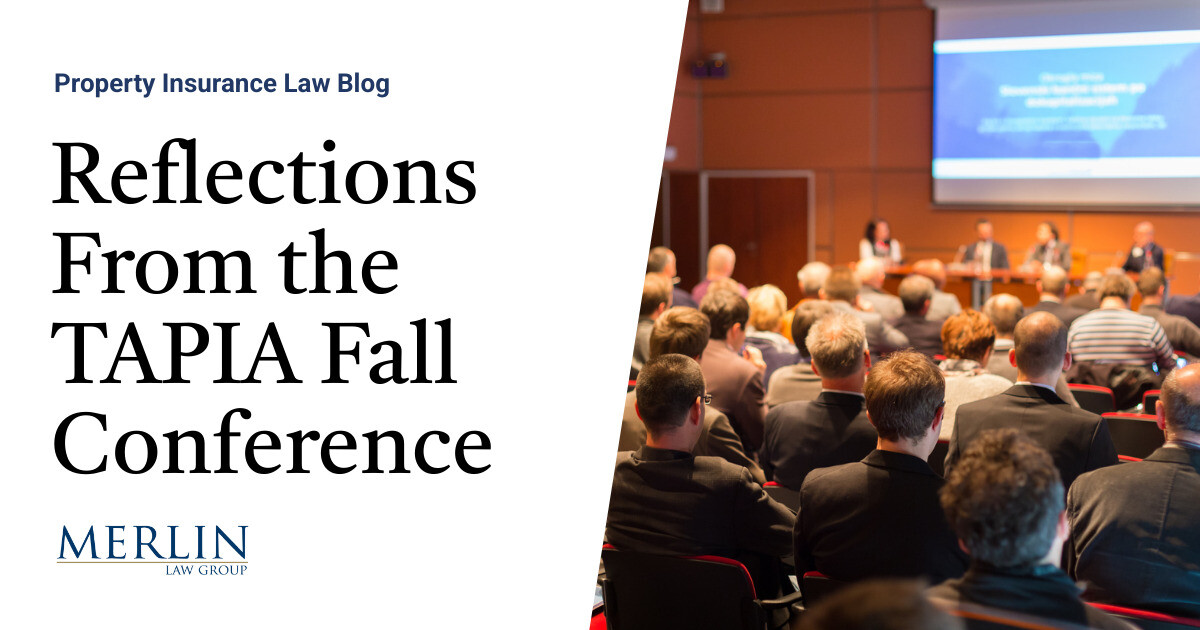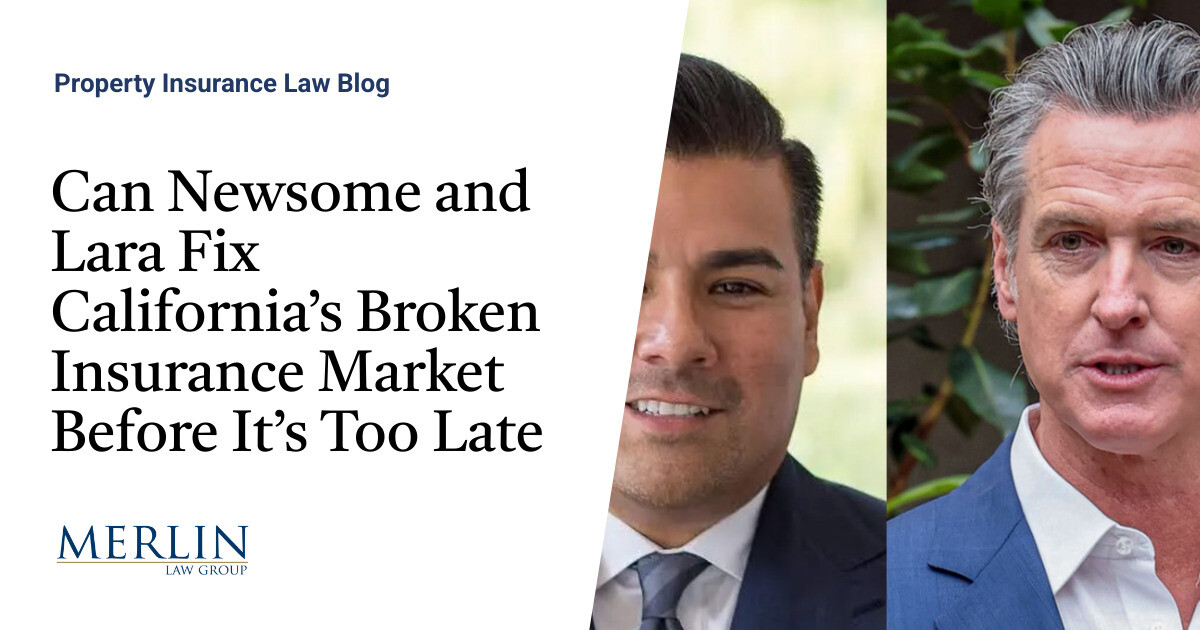Not everyone has to apply to get student loan cancellation. Nearly 8 million federal borrowers will receive relief automatically because they are enrolled in an income-driven repayment plan; their income information is on file with the Department of Education.
All other borrowers will need to submit an application.
The application for the Biden administration’s student loan cancellation promises to be a simple form, according to the Education Department. Eligible borrowers hoping to see their loan balances drop by as much as $20,000 must submit an application online when it becomes available.
To apply, for now, you won’t need to upload documents to prove your income.
When does the student loan cancellation application open?
Borrowers should expect the application for debt relief to be released online in October, according to the Education Department. You can sign up to be notified when the application opens at ed.gov/subscriptions.
If you want to ensure you receive relief before payments restart in January, you must submit your application by mid-November, according to the department.
The application period is open through Dec. 31, 2023.
Who qualifies for student loan cancellation?
There has been confusion about who is and isn’t eligible for relief. Here’s a refresher:
Those eligible for up to $10,000 in relief:
-
For 2020 or 2021, your income must be below $125,000 if filing individually or $250,000 if filing jointly.
-
Did not receive a Pell Grant during college.
-
Have undergraduate direct loans; graduate direct loans; parent PLUS loans; PLUS graduate loans; government-owned Perkins loans or government-owned loans under the Federal Family Education Loan Program, or FFELP.
-
Your loans must have been disbursed by June 30, 2022.
Those eligible for up to $20,000 in relief:
-
The requirements above except for not receiving a Pell Grant.
-
Only undergraduate debt is eligible for the additional $10,000 in cancellation.
Those ineligible for relief:
-
Have private student loans.
-
Have commercially held FFELP loans. However, those who applied to consolidate their debt before Sept. 29, 2022, would qualify.
How to opt out of student debt relief
Those who are eligible to receive the relief automatically can choose to opt out. At the moment, it’s unclear how to opt out, but the Education Department is expected to release more information about this.
Why would anyone opt out of relief? Well, some borrowers object to the move to cancel debt. Others may be concerned about their personal tax implications. While there is no federal tax on the relief, the canceled amount may be taxed as income by some states, including Arkansas, California, Indiana, Minnesota, Mississippi, North Carolina and Wisconsin.
How will I know when cancellation has occurred?
Expect to receive relief within six weeks, according to the Education Department. You’ll be notified through your servicer. Watch your loan account through your servicer or at studentaid.gov.
Why can’t I get in touch with my servicer?
The Education Department is handling and processing the cancellation applications, not the company that manages your loans.
You may have questions about the status of your cancelled debt. If you call your servicer, you’ll be in a long line: Millions of borrowers have switched servicers, are planning upcoming return of payments, or are straightening out qualifying payments for Public Service Loan Forgiveness. Your only option? Wait on hold, or wait for them to notify you.
What if I get a call about student debt relief?
Any unsolicited call you receive about cancellation is probably a scam. Scams have been running rampant since President Joe Biden’s announcement of loan cancellation, according to the Federal Trade Commission. The Education Department or your servicer will not call you about applying for debt relief. If you have a doubt about a call you receive, hang up and contact your servicer. If you have concerns about an unsolicited text message regarding student loan cancellation, do not respond. And never give out your financial student aid identification, account number or password to anyone.
What about all those lawsuits?
Multiple challenges to Biden’s executive order to cancel student debt have come out in recent weeks. Those targeting the cancellation effort include state attorneys general as well as individuals and local associations backed by law firms. If any of the challenges are deemed viable, cancellation could be delayed or halted.
While lawsuits are pending, the Biden administration says it won’t deliver any cancellation until after Oct. 17.








